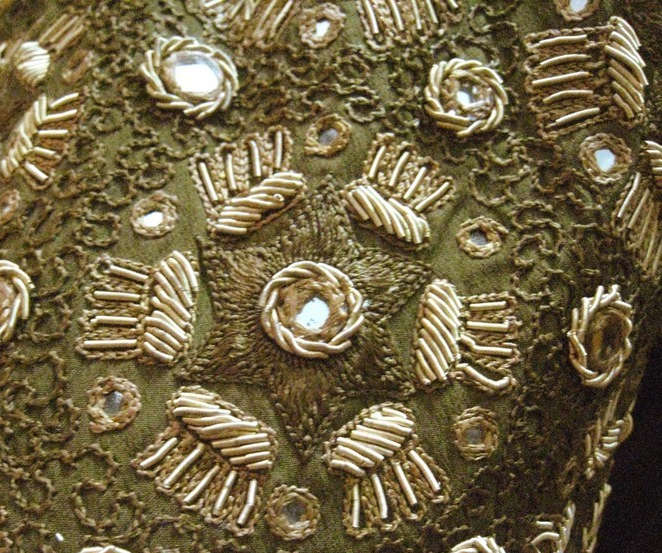===
0109,
8
===

|
=== |
 |
;hairaan : 'In a state of confusion or perplexity; perplexed, bewildered, distracted, confounded, astonished'. (Platts pp.482-83)
i:zhaar : 'Manifestation, revelation, disclosure, demonstration, publication, display, declaration; statement'. (Platts p.60)
FWP:
SETS == EXCLAMATION
MOTIFS == SPEAKING
NAMES
TERMS == ENTANGLEMENT; REPLYThe exclamatory effect of the first line is heightened by the way 'I am stupefied!' is inserted into the midst of a temporally different scene: an account of something that happened 'last night'. Such a temporal shift is quite unnecessary; nothing would have been easier than for Mir to choose ;hairaan thaa , 'I was stupefied', and thus to create a much simpler, more straightforward thought.
But of course, he didn't choose to do so. And as in
{109,3},
a remarkable complexity is created by this tense shift. For the speaker's 'stupefaction', taking place now, is aroused by the memory of his apparently equally 'stupefied' behavior of last night. And the sign of this stupefaction is that it was impossible to express in words-- it consisted of an extraordinary silence, a 'struck dumb' effect. But of course, the words 'I am stupefied' have burst from the speaker's lips, right in the midst of his account of how he had been struck dumb. SRF rightly points out the pleasure created by this kind of back-and-forth word- and meaning-play.